By James Piercy & Antony Lee
Multi-National Corporations (MNCs) exist to do business and generate profits. A mainstay of achieving that goal is to create and maintain strong relationships with other parties. For the most part, these relationships are closely handled and carried out amicably but occasionally disputes can arise. When this happens, dispute lawyers are usually brought in and parties fight out their differences in an adversarial way. At the end of a relatively lengthy, costly, and painful process, rights and liabilities are determined based on evidentiary rules. There is usually a winner and a loser; but often both parties will feel that they have lost. After the trial or arbitration, relations are usually irretrievably broken.
This unhappy conclusion can be avoided. Mediation has collaboration and mutual interest at its core and, with the right tools and attitude, holds within it the art of transforming conflict into opportunity.
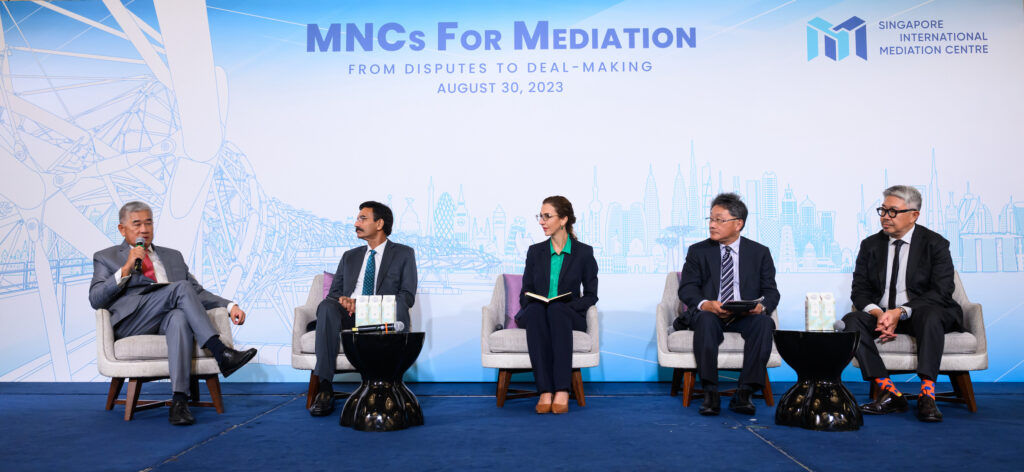
When a Dispute occurs – the priorities of a business vs the priorities of the lawyers
Upon being asked what her first priority is when facing a dispute, Maree Myerscough, COO & General Counsel, APAC of Aquila Clean Energy, was very clear: “Cost is always going to be a priority”. However, the cost to business goes beyond the monetary costs of preparing for litigation. “Time is money” she explains, and that includes the time spent by employees – including senior management – who are redirected to prepare for upcoming disputes rather than spending their time on other, more profitable, business matters.
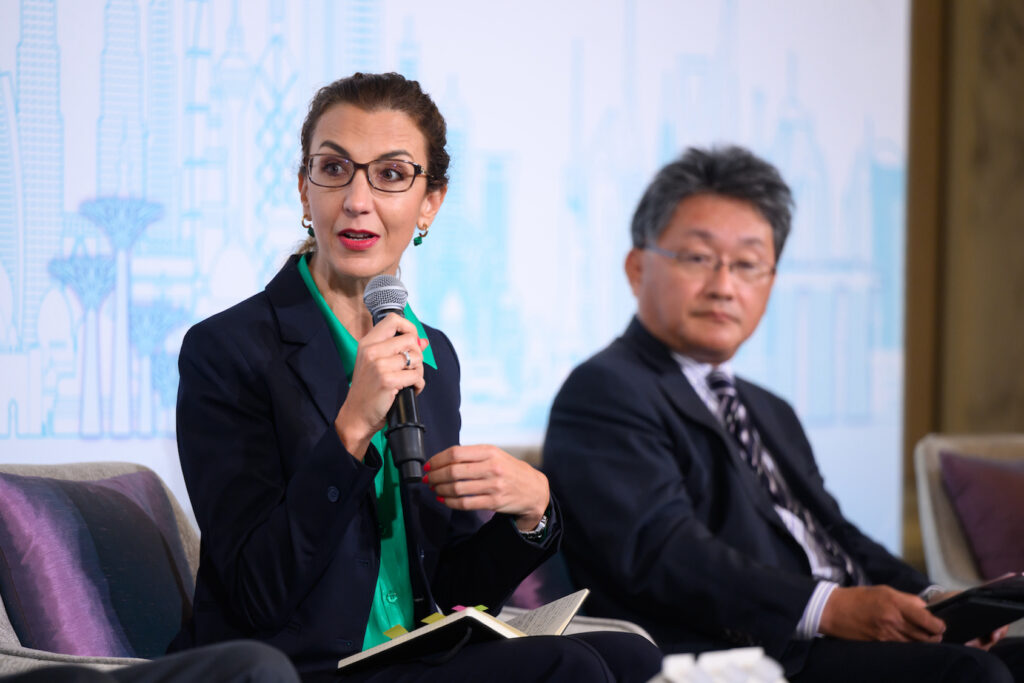
Ms Myerscough was also concerned about the impact of disputes on business relationships. “Being in the clean energy sector, we deal with a lot of different stakeholders and invest in building long-term relationships. Mediation removes the naturally adversarial nature of disputes and allows for parties to resolve the dispute in a manner where both sides can move forward, while also providing a better prospect for preserving the relationship.
So how can you safeguard these priorities? Lawyers naturally, look to legal rights and how to protect them. Brian Chi, General Counsel of Kyndryl Japan, suggests something counter-intuitive. He says: “The first thing I advise is to take off your lawyer hat. Look at the issues from a business perspective. Play devil’s advocate and argue with your own clients to see what they have done right and wrong. Ask about the other party, why are they claiming and can it be resolved? Not only will this allow you to see beyond legal rights, but also helps to prevent echo chambers from forming within the organization.”
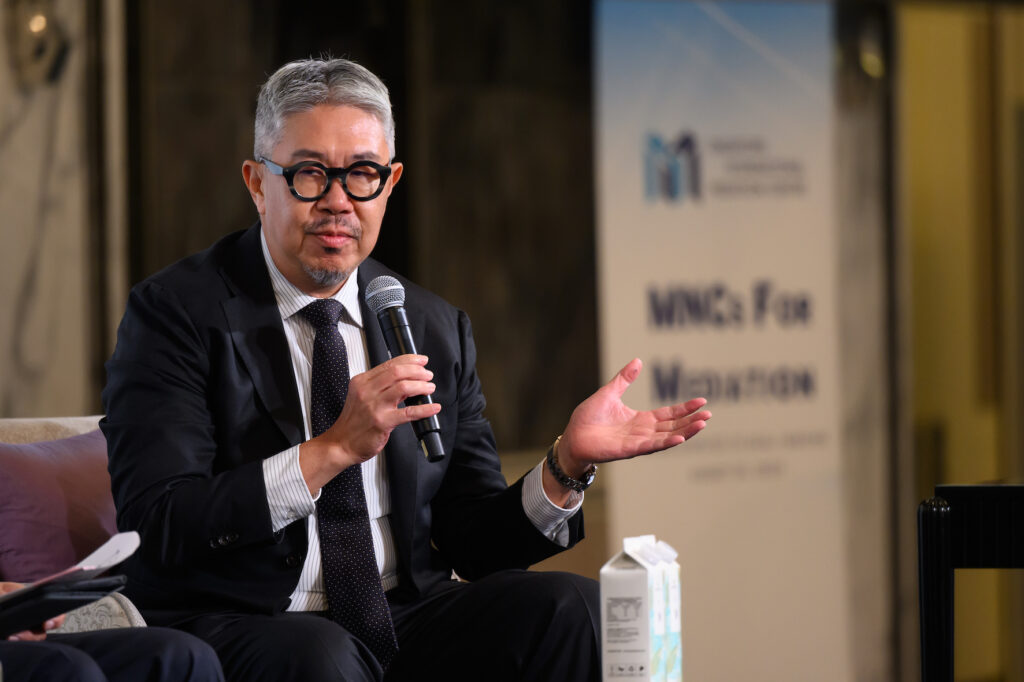
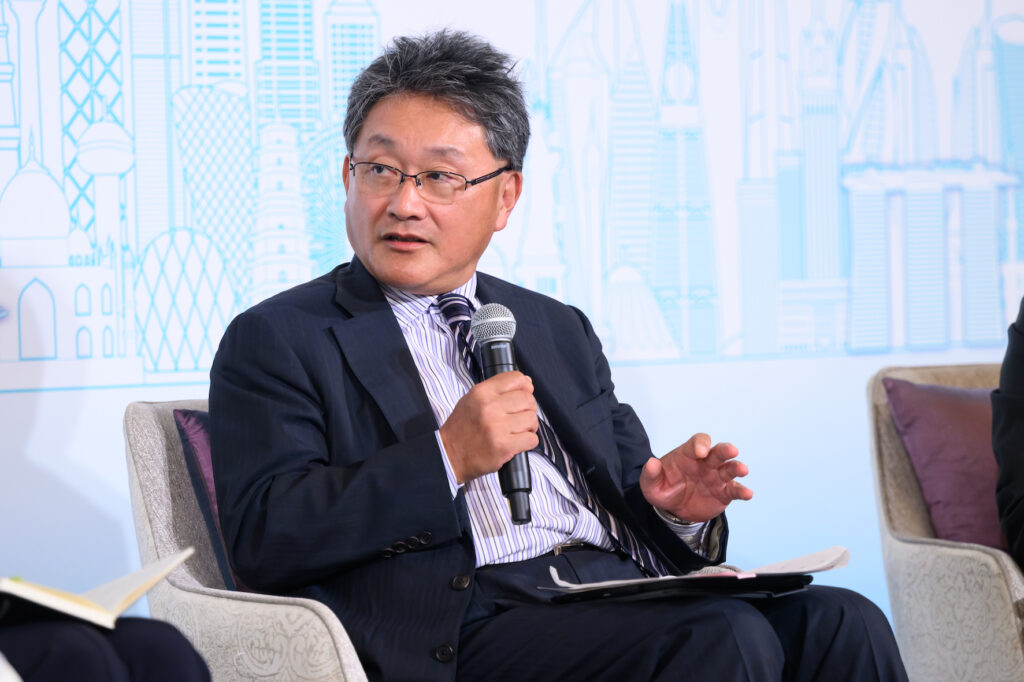
“The General Counsel (GC) and his team are often the adults in the room.” commented Hiroyuki Tezuka, Partner at Nishimura & Asahi. This is because a GC is often the most objective person in senior management to assess the merits of a dispute dispassionately. That assessment must include considering what is in the best commercial and strategic interest for his/her organization. The GC is in a good position to recommend, in consultation with his/ her business colleagues, whether and how this dispute can be avoided and/or a deal be re-negotiated, to save money, time and the relationship.
These commercial priorities may not always be aligned with those of external counsel. Justice Lavu Nageswara Rao has extensive experience as an advocate and judge in India. He explains that, in both the contract formation and dispute phases, external lawyers will mainly be thinking about protecting their clients’ rights and obligations and advising them on the legal merits of the case. A judge or arbitrator decides the case around these issues without taking in account the wider commercial considerations that the two parties may have.
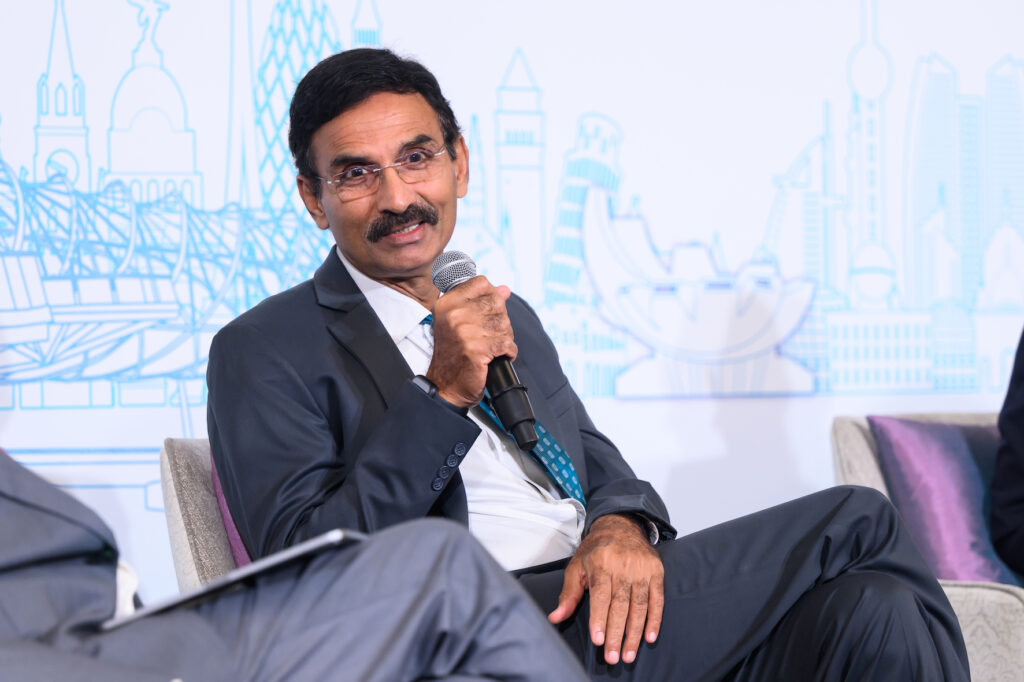
A GC’s perspective is wider; they have to defend the company’s rights, but they should also consider whether and how to preserve the relationship between the two parties. From this perspective, the General Counsel has an incredibly important voice in the conversation.
The Mediation Clause – A Handy Tool
Ms Myerscough recalls a dispute that occurred when the lack of a mediation clause in the contract lead to the dispute festering and the loss of the relationship. A dispute arose in a partnership arrangement. Despite multiple attempts by her and her team to open negotiations with the other side, they were met with “the corporate equivalent of the silent treatment.” In the absence of a mediation clause, the team opted to take an adversarial approach that ultimately cost them the relationship that they had spent years building. “I can’t help but think how things could have been different if we had a mediation clause in our documentation from the outset so that both parties knew what to expect from the beginning.”
Ms Myerscough felt that a mediation clause will oblige the parties to meet, bringing the opportunity to have a dialogue. With the help of a skilled mediator, that dialogue can lead to re-building trust and be the foundation for a new or different deal.
How deals can be made from disputes
A former GC himself, Antony Lee, Director of Strategic Engagements at SIMC, referred to the two cases that SIMC Chairman, George Lim SC, shared at his opening remarks to the event.
The first was the POSCO case where long drawn, expensive and multiple arbitrations between Korean and US parties were settled with US$66m worth of business arising from a new deal struck in the mediation room. The details of this publicly-reported case can be found here. The turning point in this case was when parties recognised, through the nuanced efforts of the mediator and supportive external lawyers, that there was something that the other party could give them and they should both focus on future potential over past differences.
The second example was more recent and involved Indian and Chinese parties in the renewable energy sector who were at the doorstep of the arbitration hearing when they decided to settle the case through mediation.
With skilful guidance from the mediator and the constructive attitude of the parties, they settled partly in cash and partly in a credit note for future deals between the parties. This opportunity to participate in future transactions, through a new deal, was enough of an incentive for both parties to work together to find a solution to their differences and as a payment mechanism. Credit to the external lawyers too; they enabled their respective clients to speak directly to each other which aided in a more constructive dialogue.
Both cases show that a new deal is possible, even late in the dispute adjudication process. Mediation can help parties overcome their initial distrust of each other to see the opportunities that lay ahead, which may have been temporarily clouded by the dispute, and to work together to rebuild trust to their mutual benefit.
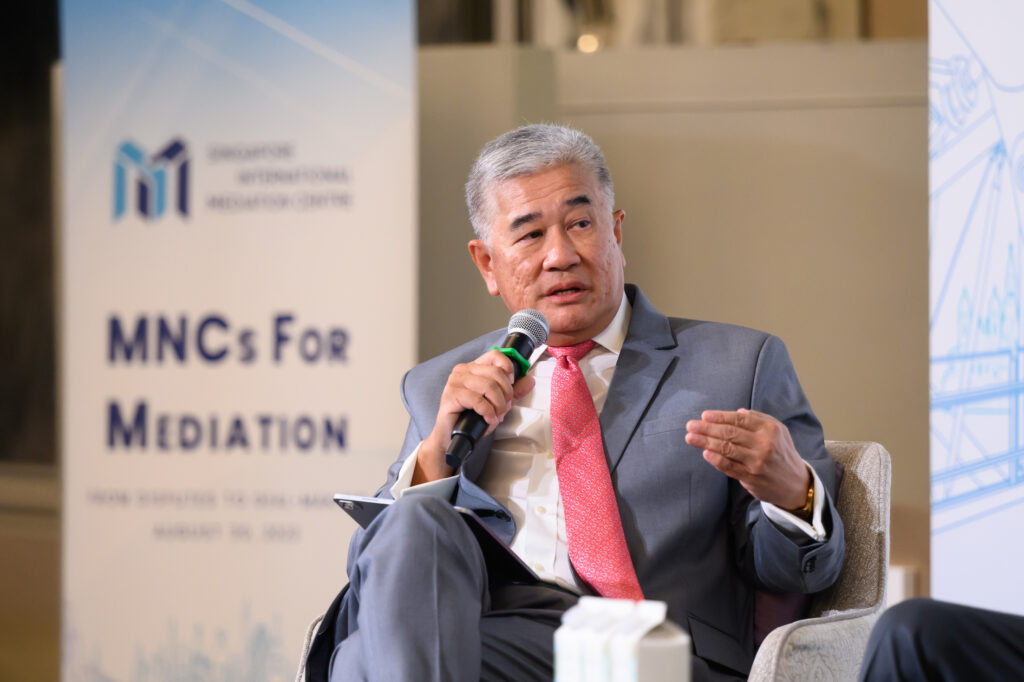
Five Takeaways for In-house Counsel
At the end of the panel discussion, moderator Antony Lee summarised five main takeaways for in-house lawyers:
First, ensure you have a mediation clause in your contracts to save you time and costs in deciding whether and when to mediate. SIMC provides model mediation clauses that you can use – find them in the links below.
Secondly, consider carefully your company’s interests. You must balance the protection of your company’s rights while keeping in mind its commercial interest. You may have to play the adult in the room.
Thirdly, form your legal team (internal and external) to achieve the right balance of protection of rights and preservation of rights.
Fourthly, in the absence of a mediation clause, consider the mediation as an option from the outset of the dispute. Ask for cost breakdowns if the dispute is settled at different stages of the proceedings. Share this breakdown with your internal stakeholders.
Finally, socialise the benefits and techniques of mediation to your legal teams and relevant stakeholders. Mediation is as much a cost-saving mechanism as it is an alternative dispute resolution tool.
About the authors
Antony Lee is SIMC’s Director of Strategic Engagements. Boasting 38 years of experience in the legal world, including 19 years as the General Counsel for HSBC Singapore, Mr Lee knows a lot about the challenges confronting in-house counsel and the invaluable role mediation can play in addressing them. As a fully qualified mediator with a wealth of experience in navigating various commercial and civil disputes, Antony offers a distinctive perspective, straddling the roles of mediator and client, that goes beyond traditional legal perspectives.
James Piercy is an aspiring commercial barrister. Hailing from London, United Kingdom, he has a particular interest in the field of international energy and commodities. With a stellar academic record, James graduated with first-class honors in law and explored the legal landscape through mini pupillages in several renowned UK chambers and completed an internship within the legal department of International SOS, a global leader in medical and security services. He was also awarded the prestigious Yarborough-Anderson Scholarship by Inner Temple. Currently, he is enhancing his knowledge of international commercial law and alternative dispute resolution during a stint with SIMC while simultaneously preparing for the UK Bar Exam at the Inns of Court College of Advocacy.
